'True Promise II': Iran’s retaliation against Israel not a matter of ‘if’, but ‘when’ and ‘how’
By Pouriya Kousheshiyan
Following the cowardly assassination of Ismail Haniyeh, the politburo leader of the Hamas resistance movement during his official visit to Tehran, the leadership of the Islamic Republic vowed to avenge his blood with a retaliatory military operation against the Zionist entity.
Leader of the Islamic Revolution Ayatollah Seyyed Ali Khamenei was the first to denounce the Israeli assassination of the “dear guest” and vowed “severe punishment” against the aggressor.
The imminent retaliatory military action, which many already see as ‘Operation True Promise 2’, carries several strategic implications and presents various scenarios to decision-makers in Tehran.
These scenarios depend on the selection of targets in the occupied Palestinian territories and Iran's known and unknown military capabilities.
Key driving factors behind Iran's retaliation include restoration of deterrence, avenging Haniyeh's assassination that took place on Iranian soil, and dealing another crushing blow to the already beleaguered Israeli regime and its military apparatus.
The delay in the promised retaliation – it’s been three weeks since Haniyeh’s assassination – could be a deliberate strategy on the part of the Iranian leadership, designed to catch the Tel Aviv regime and its allies off guard, weakening their forces, morale, and equipment.
Given that the assassination occurred on Iranian territory, any retaliatory strike by Iran against the illegitimate Zionist entity is likely to originate from within Iran.
Coordination with other members of the Axis of Resistance is also very likely, with the potential for a division of tasks at the outset of the attack, which many believe would be of a hybrid nature.
Importantly, before the assassination of the Hamas leader in Tehran, the Israeli regime assassinated a senior Hezbollah commander in Beirut and also carried out deadly bombings in Yemen’s Hudaydah.
Both Hezbollah and the Yemeni military have also vowed to teach the Israeli regime a lesson.
IRGC says Israelis should wait for calculated and accurate strikes in response to assassination of Hamas leader. pic.twitter.com/EnbqrKl7px
— Press TV 🔻 (@PressTV) August 21, 2024
Due to Iran's transfer of military know-how and capabilities to its regional allies, we might witness jamming and magnetic attacks by Hezbollah, drone strikes by the resistance groups in Iraq, and the launch of long-range ballistic missiles from Yemen against Israeli-held territories.
Although Israel and its allies, including the United States, Britain, France, Jordan, and possibly NATO, remain on high alert, they may be unable to defend against a barrage of thousands of Iranian medium-range cruise missiles and long-range ballistic missiles.
Furthermore, Iran's fleet of cost-effective and efficient drones could bypass the defense systems of the Israeli regime, the United States, Jordan, Saudi Arabia, and Egypt as we saw in ‘True Promise 1’.
Additionally, Yemen's potential acquisition of hypersonic intercontinental ballistic missiles could serve as a significant platform for the Axis of Resistance to showcase its military power against Israel and it allies.
Yemen appears to be preparing for the most substantial missile attack in the region's history, employing Fatah 2 hypersonic missiles. These missiles, with their unique capabilities, could devastate Israel's economic infrastructure and significantly impair the military capabilities of the Israeli army.
Moreover, Fatah missiles are fully capable of destroying Israel's fortified and much-hyped underground military installations and bases.
Iran’s leadership had in the past clearly and categorically warned that if Israel made a mistake against Iran, missiles would be fired directly at Haifa and Tel Aviv.
It seems Israel has crossed that red line, making these cities, along with key military and intelligence facilities, including the Port of Haifa, Rafael defense manufacturing companies, airbases, and Ben Gurion International Airport, legitimate targets for Iran and the Axis of Resistance.
Haifa on potential hit list to avenge Israel’s attack in Tehran and Beirut pic.twitter.com/KM41ATNIxj
— Press TV 🔻 (@PressTV) August 17, 2024
One of the more straightforward and feasible actions Iran might take is the assassination of high-ranking Israeli political and military officials. Such an act would not only be a part of a broader retaliatory strategy but would also demonstrate Iran's intelligence and security prowess.
Additionally, Iran has long prepared cyber teams for this moment, ready to damage and destroy the regime’s critical infrastructure, which would serve as a precursor to its eventual annihilation.
Another possible scenario for Iran's revenge could involve the capture or recapture of occupied areas in Syria, such as the Golan Heights. This would escalate the confrontation with Israel to a new level.
Beyond avenging Haniyeh's assassination and restoring deterrence, such an operation would signal to Israel that the true victor in this showdown is the one who seizes territory—a reminder of Israel's genocidal actions following the October 7 Operation Al-Aqsa Storm.
Also worth noting is Iran's significant advancements in acquiring "anti-access/area denial" (A2/AD) weapons in recent years. These capabilities are designed to counter any air, sea, or subsurface attacks, neutralizing potential offensive actions by Israeli and American forces.
The consequences of these attacks for Iran could lead to three possible outcomes: the onset of a long-term regional war, a limited conflict, or no war at all due to Israel and its allies' inability to respond effectively.
So, based on statements from Iranian authorities and resistance leaders, as well as past actions aimed at strengthening deterrence, it seems inevitable that Iran and its allies will carry out military operations against Israel. Only the precise timing and nature of the operation remains unknown.
Despite the presence of the US and other allies of Israel in the region, and the declaration of their ironclad support to the regime, the ‘True Promise 2’ operation appears to be only a matter of time.
Pouriya Kousheshiyan is a Tehran-based military affairs analyst and writer.
(The views expressed in this article do not necessarily reflect those of Press TV)
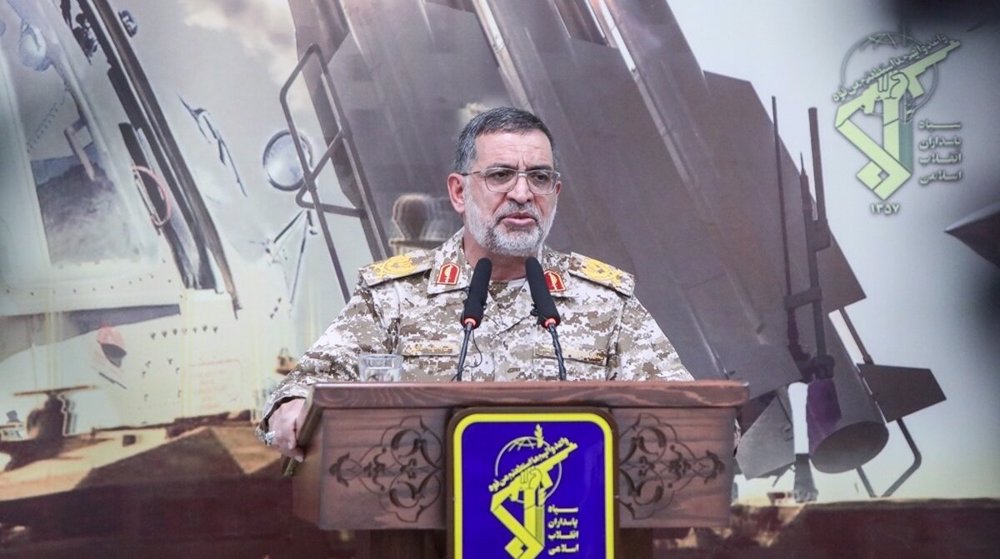
IRGC: Iran’s military capabilities ‘non-negotiable’; national security ‘red line’
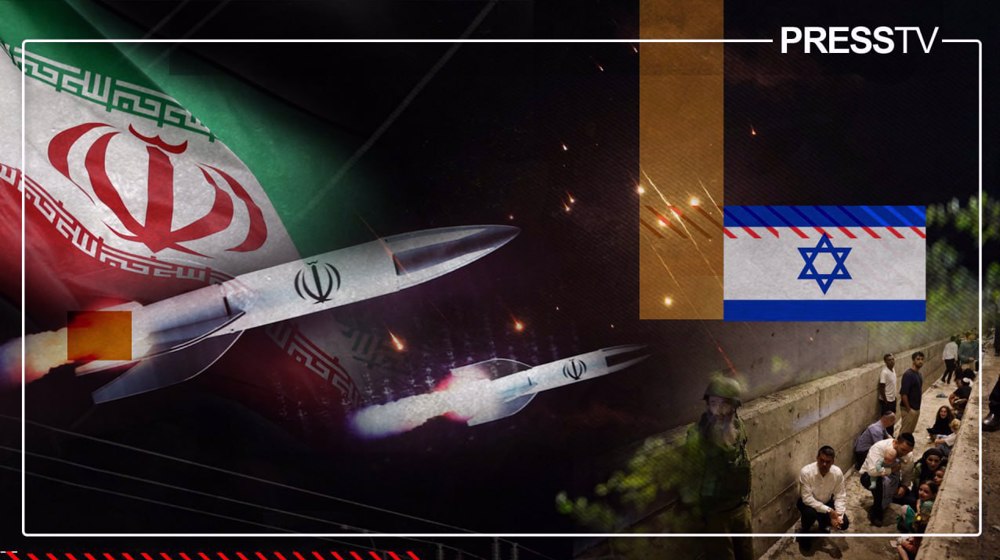
One year since Op. True Promise I, when Israel unraveled like spider’s web
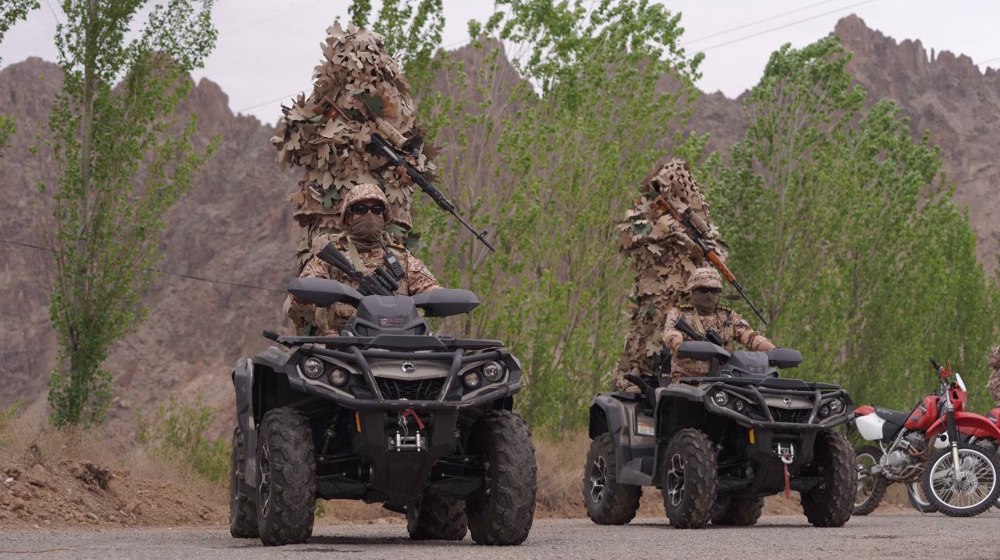
Iran, Armenia to hold joint military drills to bolster border security, combat terrorism
Hezbollah censures Israeli settlers’ storming of al-Aqsa Mosque
Harvard-Trump dispute deepens as US president threatens to remove tax exemption
Maldives bans entry of Israelis in ‘resolute solidarity’ with Palestinians
Iran’s thermal power output hit record in year to March
Hamas calls for global protests against Israel's 'barbarism' in Gaza
Hamas says lost contact with group holding Israeli-American captive in Gaza
Iran condemns Israeli war crimes in Gaza, West Bank
Iran’s oil output rose slightly in March, OPEC data show


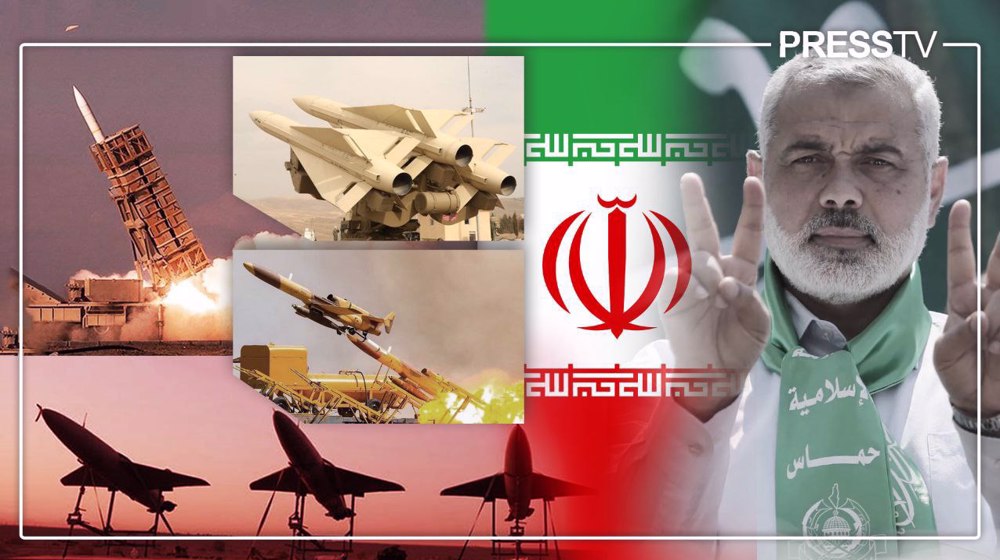



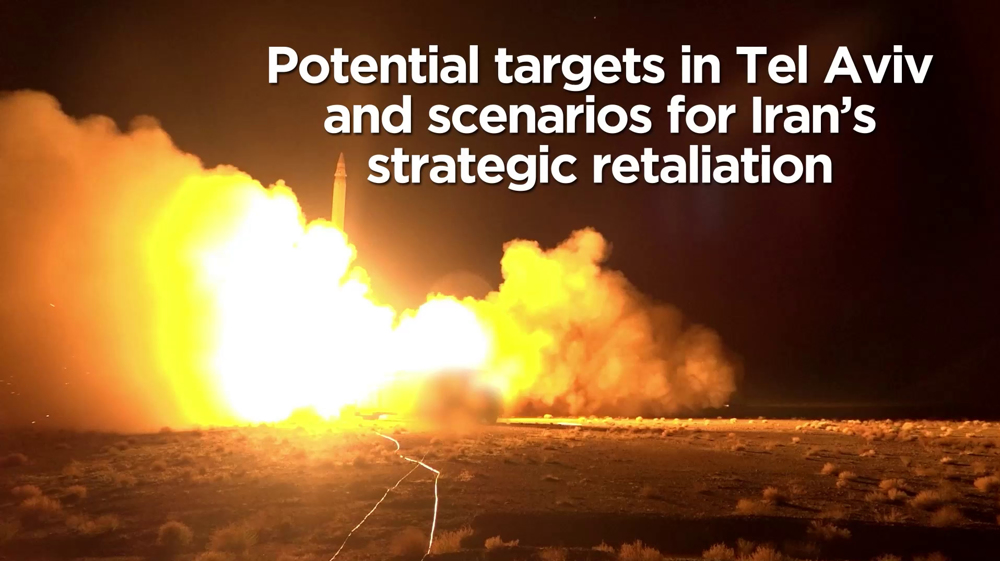
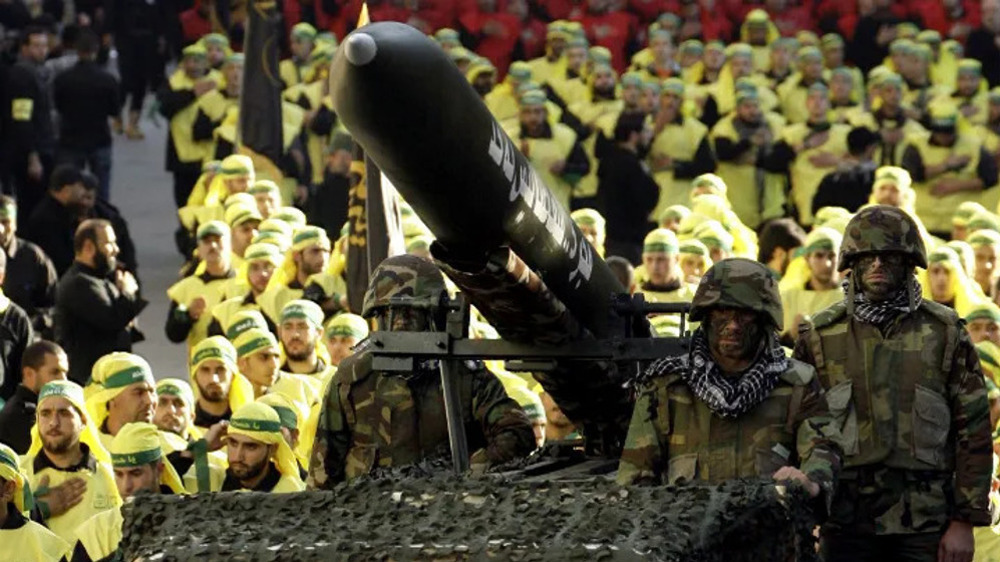
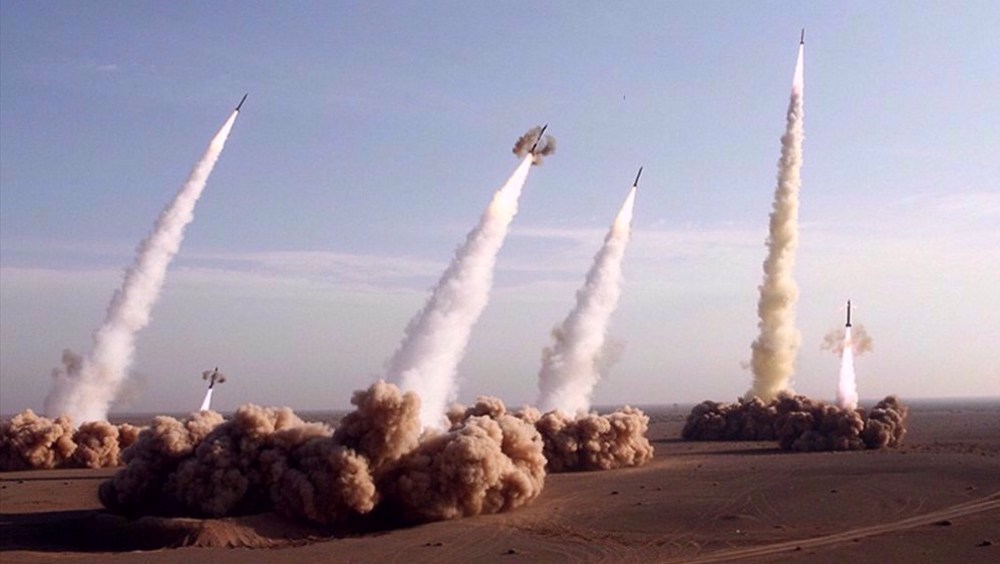
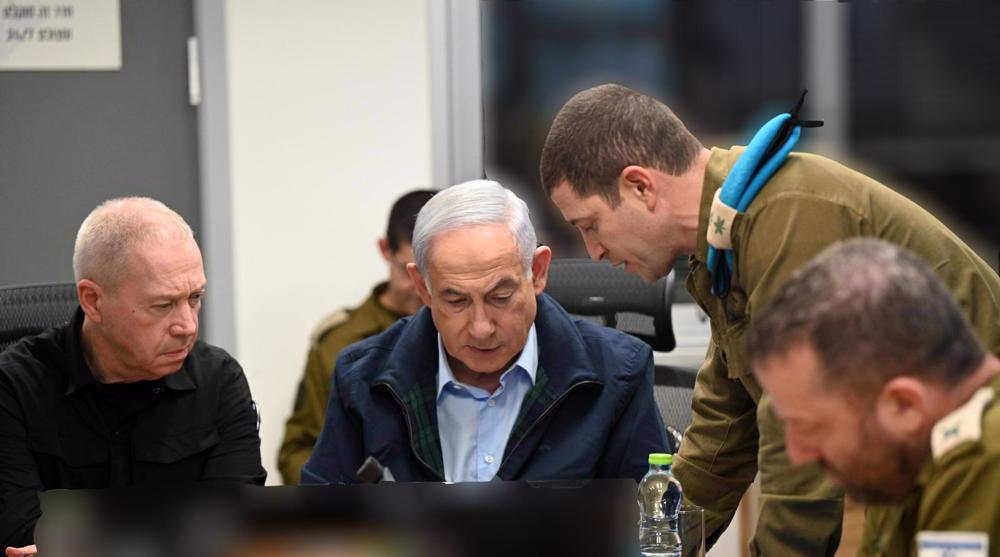
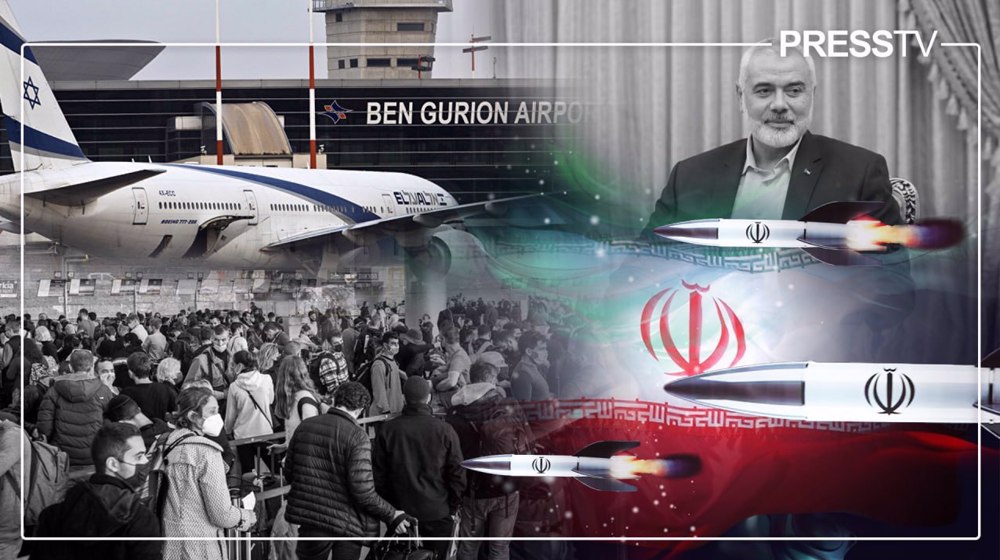

 This makes it easy to access the Press TV website
This makes it easy to access the Press TV website